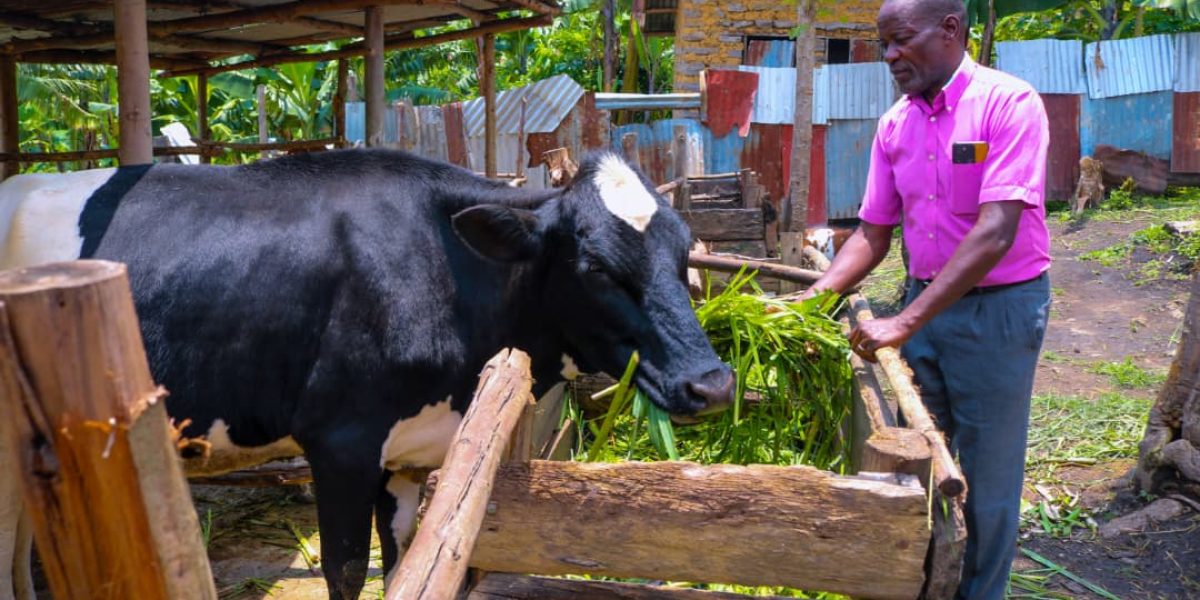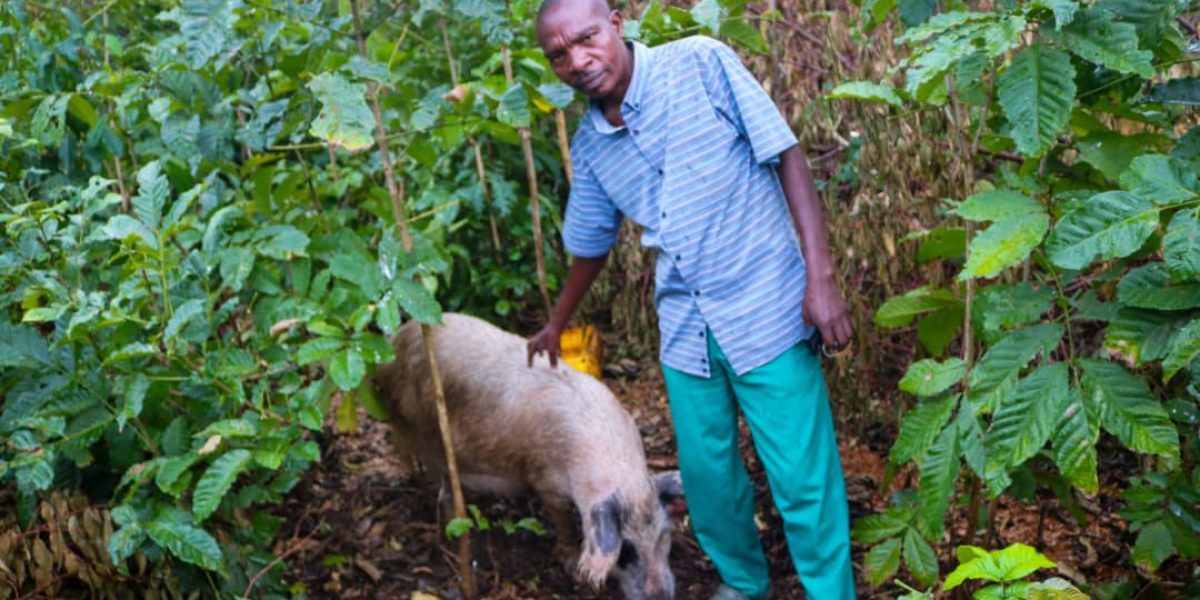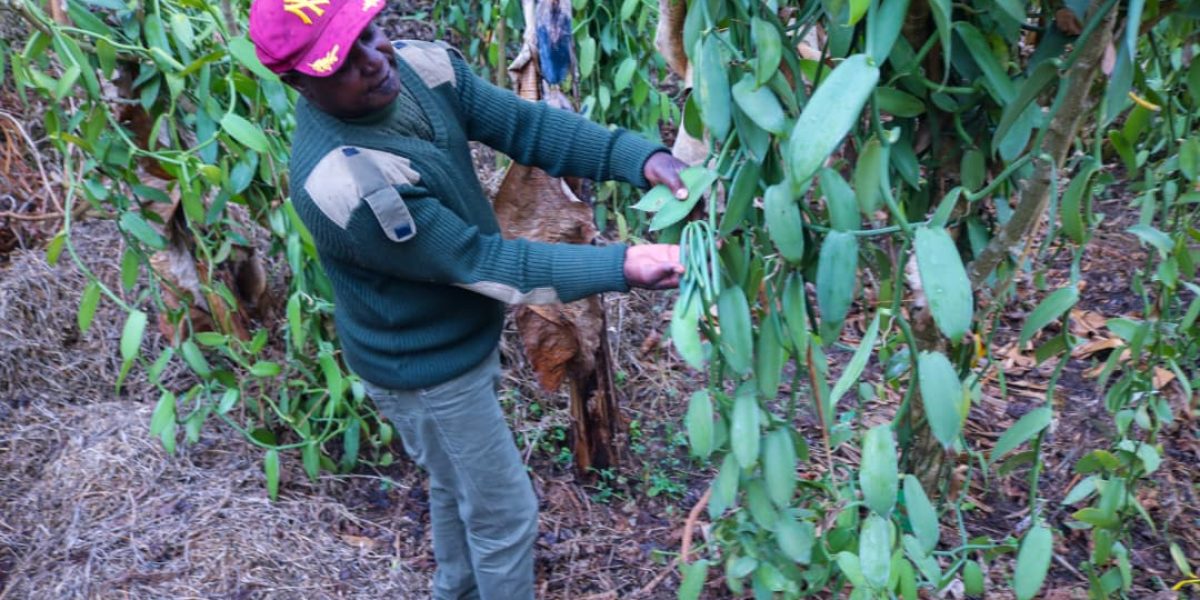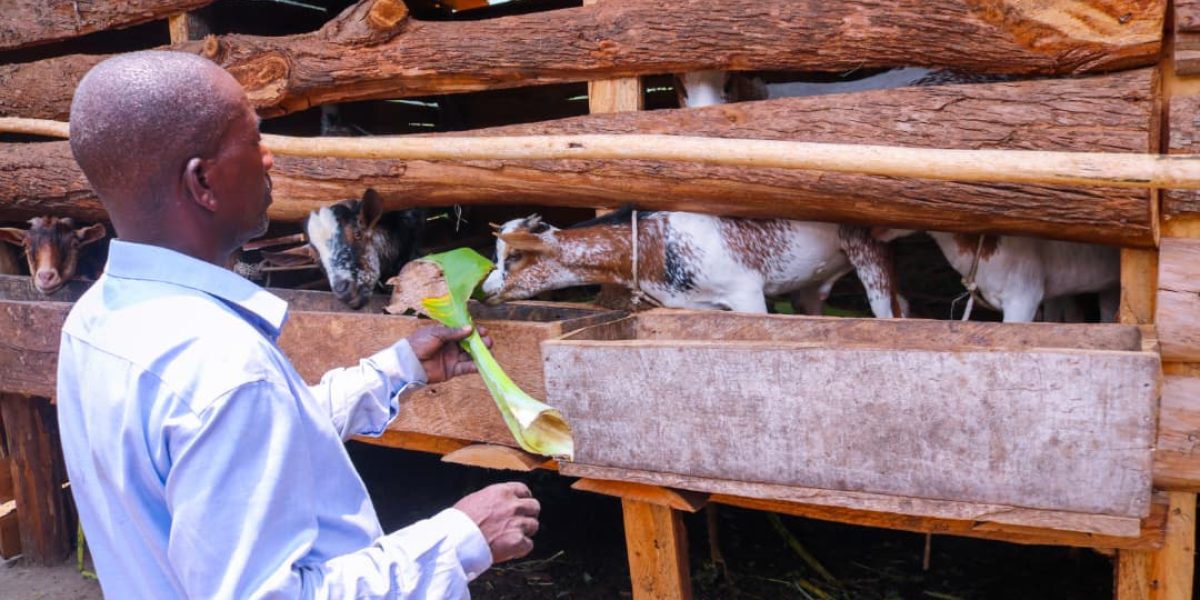Kabarole Research and Resource Centre (KRC Uganda) in partnership with Broederlijk Delen (BD) is implementing a five years programme (2022-2026) to enable family farmers and youth in the districts of Kabarole and Bunyangabu to achieve sustainable and dignified livelihoods and actively participate in decision making processes at farm level and in their communities, and from local to national level. To achieve this change, the program supports households and communities of family farmers in the process of economic, social, ecological and political change by the promotion and implementation of an inclusive model based on agro-ecology.
The program promotes resilient family farming through agro-ecology to achieve sustainable health diets and incomes for all family farmers to live dignified lives while enhancing environmental sustainability. This is done through implementation of agro-ecological practices that promote agro diversity on family farms and post-harvest management through promotion of the IFP approach, value addition and collective marketing systems, promotion of indigenous foods production, consumption for nutrition, promoting youth agro-innovators, promoting gender in agro value chains, environment and energy.








